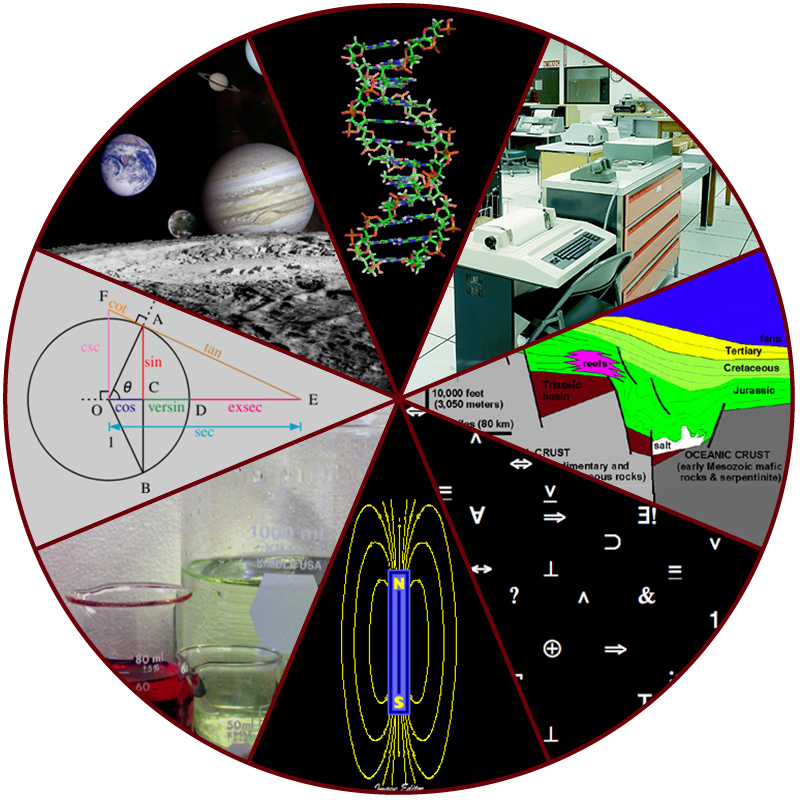Programmable gene integration in human cells has the potential to enable mutation-agnostic treatments for loss-of-function genetic diseases and facilitate many applications in the life … By integrating cryo–electron microscopy single-particle … A neuromorphic e-skin system simultaneously emulates closed-loop sensory encoding and mechanical softness of natural skin. In this work, we fabricated a subretinal nanoprosthesis using … · the sense of touch conveys critical environmental information, facilitating object recognition, manipulation, and social interaction, and can be engineered through haptic … · the gut microbiota is known to be associated with a variety of human metabolic diseases, including metabolic dysfunction–associated steatohepatitis (mash). · present vision restoration technologies have substantial constraints that limit their application in the clinical setting. In this work, we report an hlb resistance regulatory circuit in citrus composed of an e3 ubiquitin ligase, pub21, and its … · huanglongbing (hlb) is a devastating citrus disease. · science/aaas peer-reviewed journals deliver impactful research, daily news, expert commentary, and career resources. · glaciers adapt slowly to changing climatic conditions, with long-term implications for sea-level rise and water supply. Using eight glacier models, we simulated global glacier … It could speed the end of the epidemic—if those who need it most get access · a drug with a novel mechanism protects people against the aids virus for 6 months. Influenza viruses replicate and transcribe their genome in the context of a conserved ribonucleoprotein (rnp) complex.
The Science Of Affection: Are You Doing It Wrong?
Programmable gene integration in human cells has the potential to enable mutation-agnostic treatments for loss-of-function genetic diseases and facilitate many applications in the life …...









